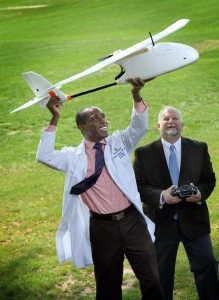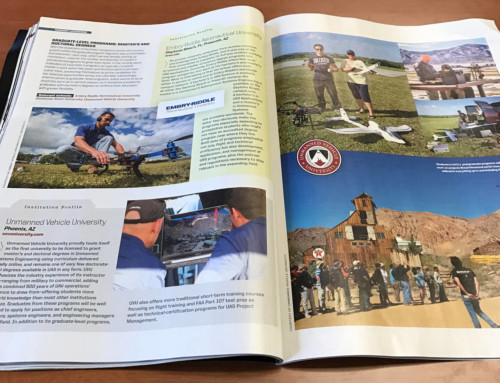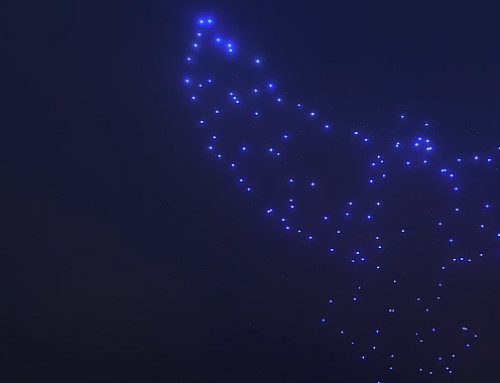With other companies like Amazon creating solutions for drones to work in their business, why not add bio-medical transportation to the list of drone uses? Researchers with the Johns Hopkins University School of Medicine wanted to know whether transportation via drone would affect the specimens.

The next step is to apply this concept to a pilot study with real patients in real clinical settings. Timothy Amukele wants to test this out in Africa; he directs laboratory collaborations between Johns Hopkins and Makerere University in Uganda and has worked in many African countries where patient access is an acute problem.
Testing blood samples represented a beginning point to begin exploring drones for health purposes, especially since there is already a vast network of clinics taking blood samples and transporting them to labs for testing, Amukele said. Unmanned Aerial Vehicles could potentially be used for transporting vaccines and medicines, he added.




